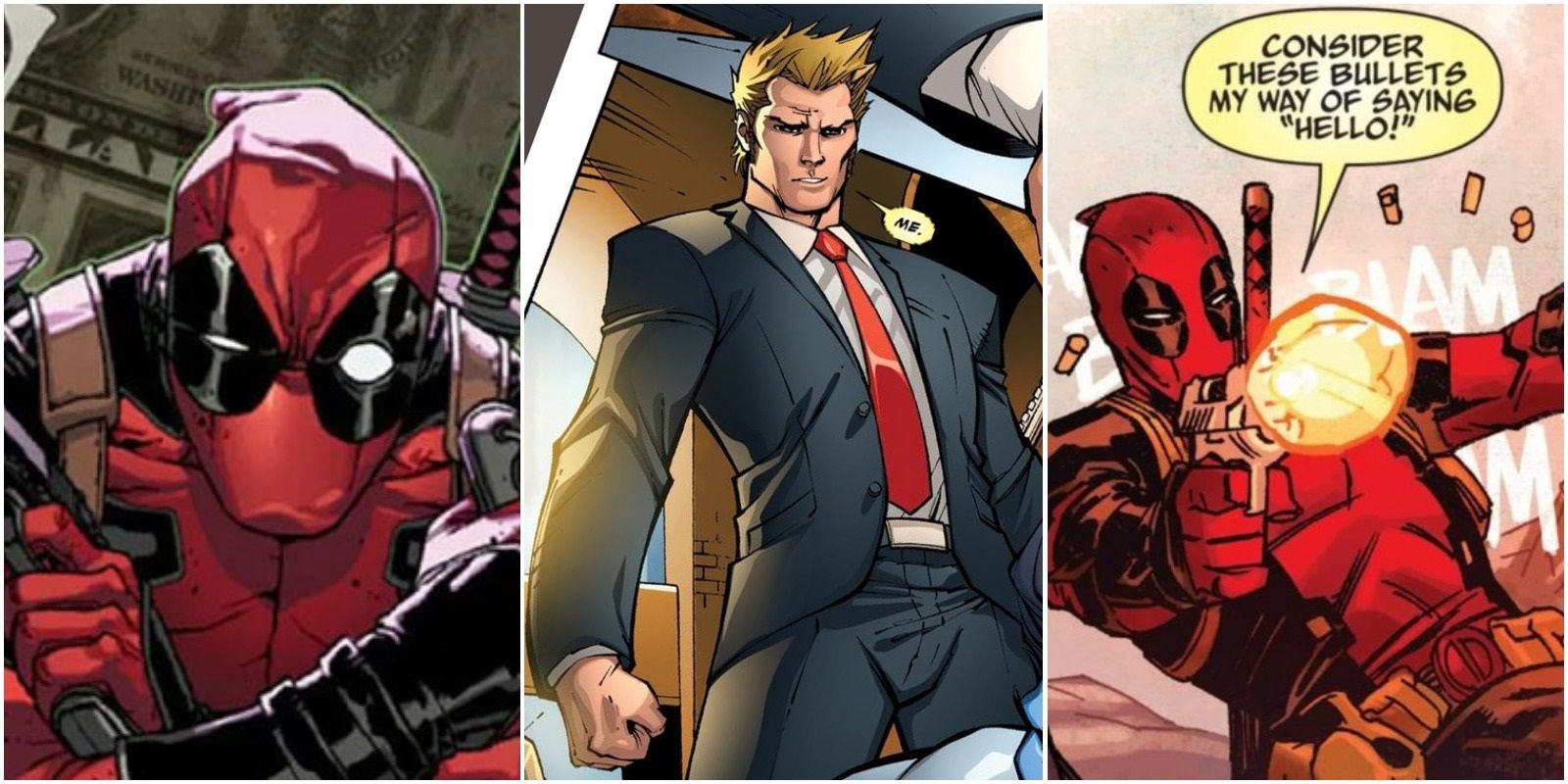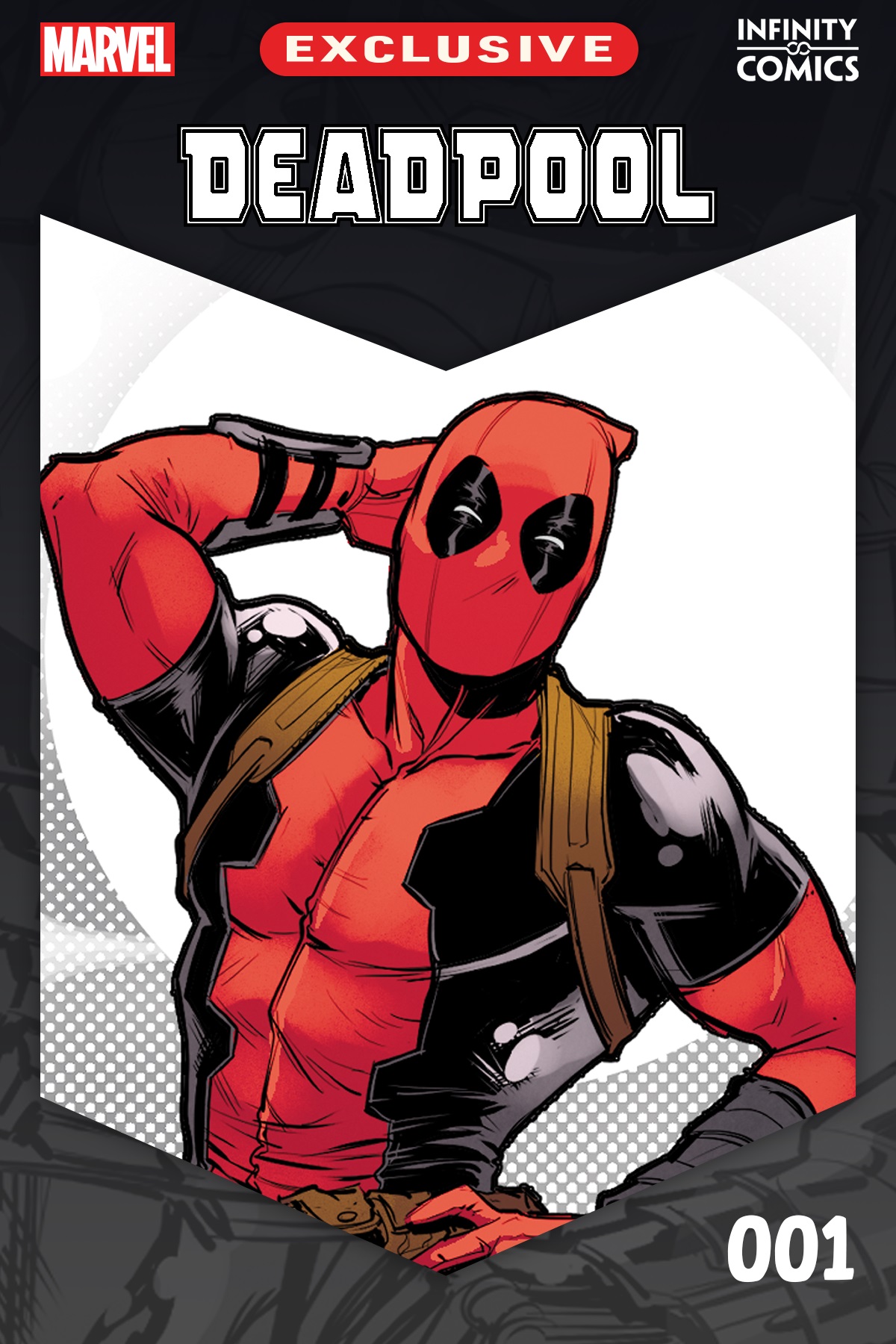

#Deadpool comic series
His fame gave him tremendous leverage, and in 1991, he successfully lobbied Marvel’s leadership to let him come up with plots and new characters for the series in addition to just drawing it. He’d been drawing an X-Men spinoff series at Marvel called The New Mutants since 1989, taking it from a bottom-shelf failure to a runaway hit.
#Deadpool comic how to
It was a period in comics history where audiences were into vicious violence and deadly weaponry, and Liefeld knew how to deliver the goods on both fronts. In the early 1990s, Liefeld was one of the hottest names in comics, a prodigious artist in his early 20s known for his acrobatic action sequences and muscular character designs. “I would go back and hug young Rob Liefeld many times over and kiss him on the forehead and tell him what a great job he did,” Liefeld says, describing the process that led him to co-create Deadpool 25 years ago. Rob Liefeld has many virtues, but he’ll be the first to admit that modesty is not one of them. There’s a strong case to be made that we are on the verge of the Deadpool Moment: This is the bizarre, untold story of how we got here. Liefeld’s parents used to talk about what they called the “dead pool” - when a celebrity would die, they’d superstitiously believe two more were going to die in quick succession.ĭeadpool has been an unprecedented cash cow for the company that spawned him, Marvel Comics, and now, if 20th Century Fox’s long-planned wishes come true, his fame will spread among the hungry, massive, and ever-growing audience for silver-screen superheroes. And he now exists as a character beloved by fans who otherwise might not agree on just about anything. His rocky and triumphant road is one only possible in the ecosystem of comic books, where creators of monthly series build on one another’s ideas over the course of years, fumbling toward the construction of a fully realized icon.

Flip through online superhero-fandom communities, and you’ll see page after page of Deadpool memes and quotes. Walk into any comics shop, and you’ll find his masked visage in the pages of an astounding number of comic books, far more than any other Marvel character. Go to any Comic-Con, and you’ll witness dozens upon dozens of people clad in his trademark red-and-black full-body jumpsuit. After suffering through a dismal period of low sales and chronic disinterest, Deadpool had a remarkable - and, to this day, unexplained - explosion in popularity that made him a pop idol. Created just before a financial collapse that left the comics industry in ruins, he was briefly a massive sensation, then became a cult-hit character beloved by a devoted few. While Deadpool’s been around for 25 years, only in the past decade has he experienced a wild and improbable ride that’s brought him to imminent cinematic fame. And when his best writers take on his adventures, those de-suspensions of disbelief aren’t just catty winks - they’re a way to offer a loving critique of a genre that has taken over popular culture. Only Deadpool - nicknamed “the Merc with a Mouth” - is there to act as a pressure-release valve, directly addressing the audience to point out how ridiculous the whole superhero endeavor can be. Even the lighter ones are pretty self-serious, blindly accepting the bizarre tropes of the genre.
#Deadpool comic tv
We’re approaching Peak Superhero, glutted with TV shows and movies about tortured Übermenschen who embark on heroic journeys and triumph against all odds. That last bit is what makes his Ryan Reynolds–starring film extremely timely. But most important - and this is a key element of his big-screen incarnation, too - he’s the only A-list superhero character who regularly breaks the fourth wall and acknowledges that he’s in a superhero story.

His irreverence and oddity have made him the rare character that can be embraced by progressive critics and bro-ish frat boys alike. He’s as liable to burst into song or declare his love for Bea Arthur as he is to decapitate you. But anyone who’s read his adventures or played him in a video game knows his real superpower is his mouth: He never shuts up, tossing one-liners and references the way Batman flings Batarangs. Ostensibly, his superpower is that he heals very quickly and has learned how to be brutally effective with blades and bullets. The character is queer, mentally ill, a rape victim, a cancer patient, and a remorseless killer - yet somehow one of the most riotously funny figures ever to emerge from a comic book. In an entertainment landscape that’s become astoundingly dense with spandex-wearing crusaders and vigilantes, Deadpool stands alone for a number of reasons. This article was originally published in February 2016, in advance of the release of Deadpool.


 0 kommentar(er)
0 kommentar(er)
